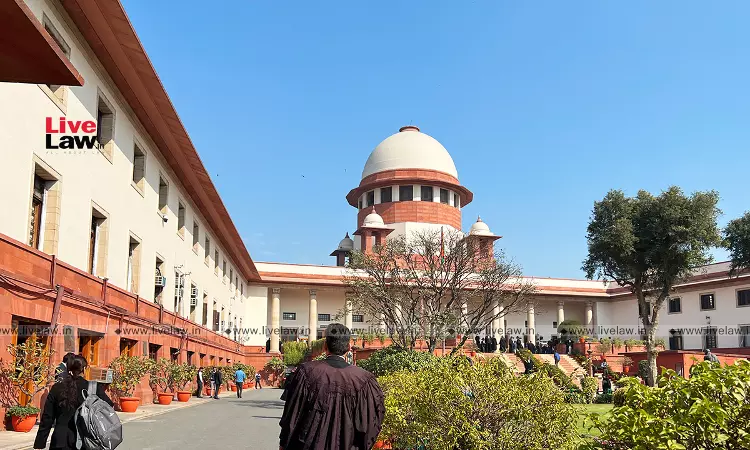Free Courses Sale ends Soon, Get It Now


Free Courses Sale ends Soon, Get It Now



Disclaimer: Copyright infringement not intended.
Context
The Supreme Court held that the information disclosing the commission of the cognizable offence needs to be recorded as a First Information Report ("FIR") in the form of a book and not in the General Diary maintained by the Police under the Police Act, 1861."In Lalita Kumari v. Government of Uttar Pradesh & Others, (2014).
Details
General Diary (GD)
Types of General Diary Entries
Structure of General Diary Entries
General Diary entries typically follow a structured format, including:
Lodging a General Diary Entry
Legal Framework and Court Judgments
Legislative References
First Information Report (FIR)
Distinctions
|
PRACTICE QUESTION Q. By understanding the purpose, structure, and procedures associated with General Diary entries, law enforcement agencies can effectively maintain accurate records and ensure accountability in their operations. Comment. (250 words) |
© 2024 iasgyan. All right reserved